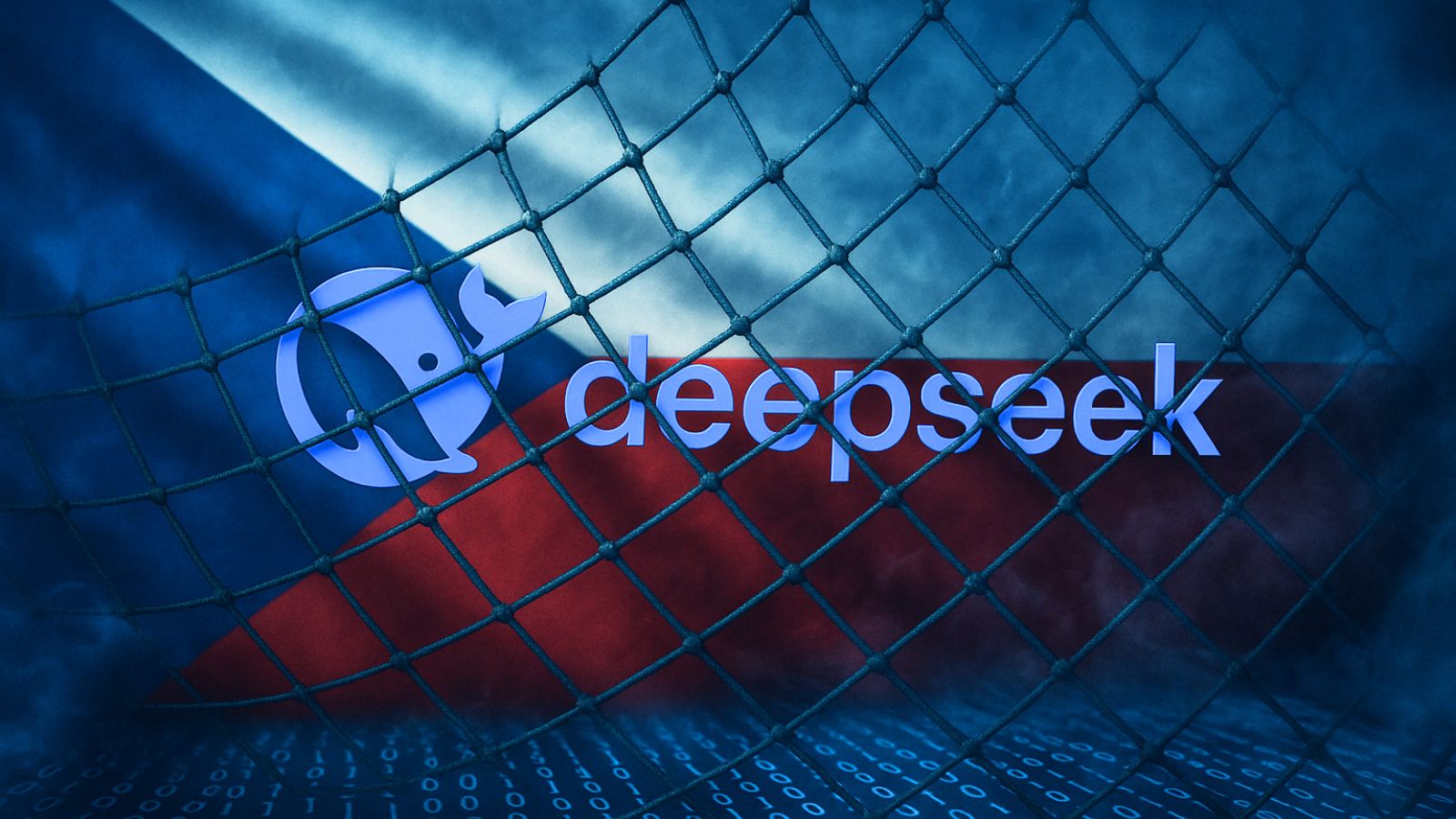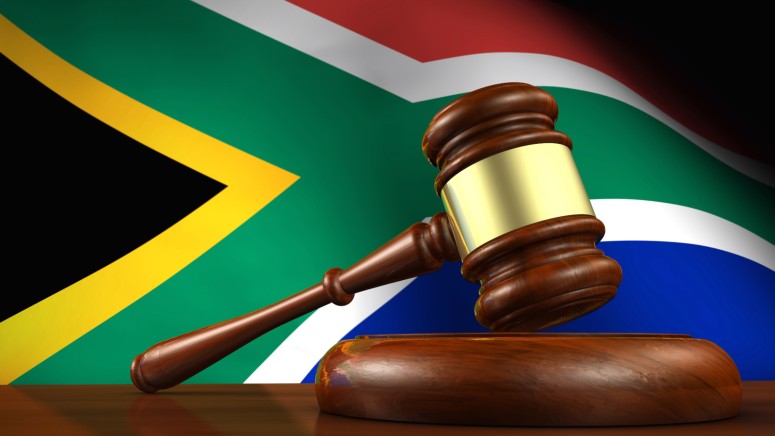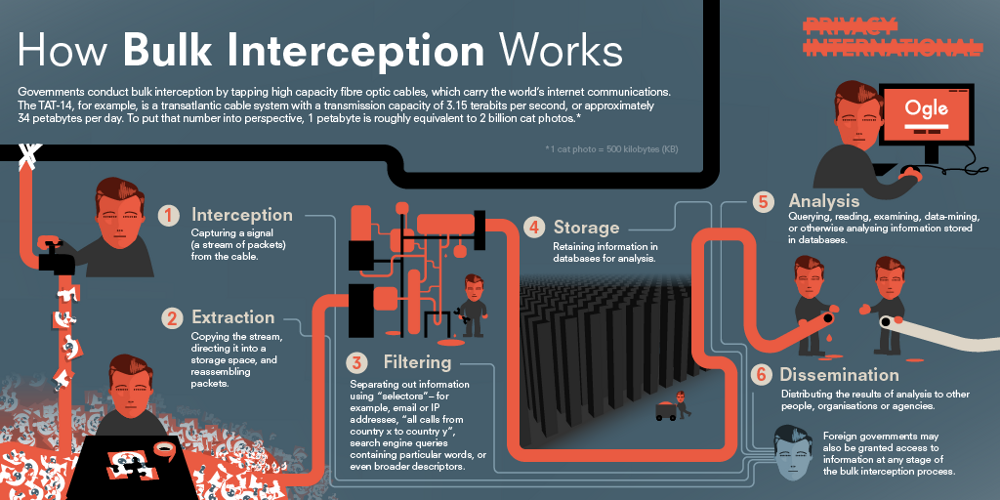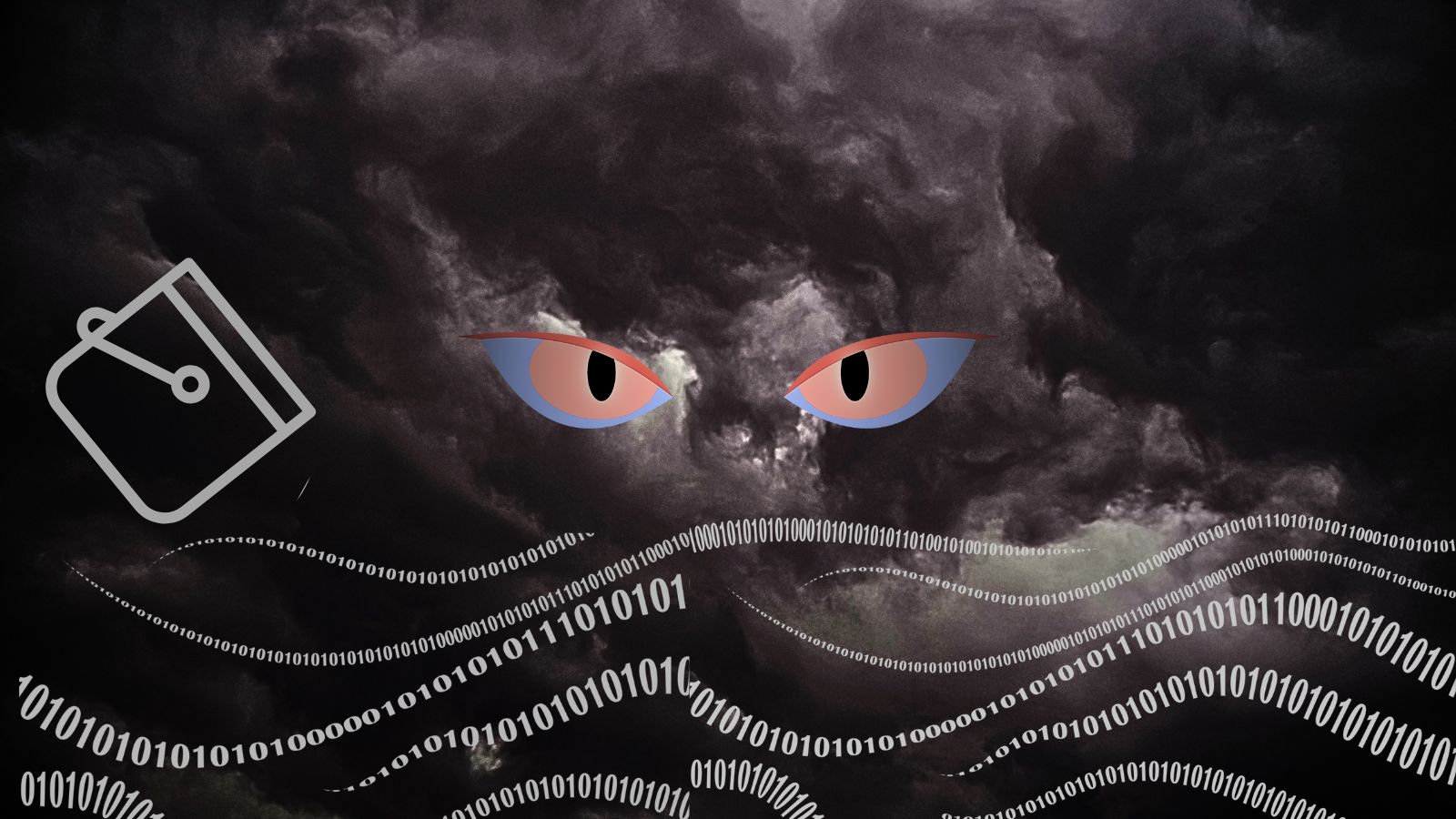
South African Court Condemns Government’s Mass Surveillance
- The South Gauteng High Court deemed mass surveillance programs run by the government illegally.
- The court obliged the Department of Justice to revise the RICA law as required.
- While mass surveillance was bashed on the court, individual communication interception is still acceptable.
A South African court has reached a brave verdict against the country’s own government, bashing their mass surveillance programs and deeming them illegal. According to a report by Privacy International, the governments of the United Kingdom and South Africa worked closely together in order to conduct bulk communications interception. The South African intelligence agencies admitted everything and revealed that the surveillance programs run in secret since the early 2000s. The case was led to the court, with the opposing parties being the amaBhungane Centre for Investigative Journalism and the South Africa State Security Agency.
As we discussed back in March, the South African government was planning to pass a new law that would enable them to conduct “passive internet censorship”. This was the latest example of the way the government was treating internet access and freedom of speech, with harsh fines and imprisonment sentences being introduced as discouraging measures for anyone who had a different opinion on the matter. This would be placed on top of the RICA (Regulation of Interception of Communications and Provision of Communication Related Information Act) law, which was introduced in 2002.
Source: Privacy International
RICA was a blatant violation of the citizen’s privacy rights, but it seemed to work for the government as no one challenged them over it. This is until now, with the South Gauteng High Court deciding that: “From the analysis set out above, the conclusion that in several respects RICA is deficient in meeting the threshold required by section 36 of the Constitution to justify the subtraction of the rights in section 14, 16(1) and 34 and 35(5) of the Constitution. Less restrictive means than those in force are feasible and ought to be enacted. The practice of bulk interception of international communications is unlawful for want of a law authorizing it to take place.”
The key aspect in the ruling is that targeted surveillance is still considered acceptable, as it is the mass surveillance practices that were condemned. That said, the South African Department of Justice will now revise RICA accordingly, but the individual communications interception will continue. The authorities claim that they will only do this against suspects of criminal activities. All that said, if you’re in South Africa and looking for a way to fly under the radar for whatever reason, pick one of these VPNs and surf the net without worrying about middlemen.
Have something to comment on the above? Feel free to share your thoughts with us in the dedicated section beneath, or on our socials, on Facebook and Twitter.









